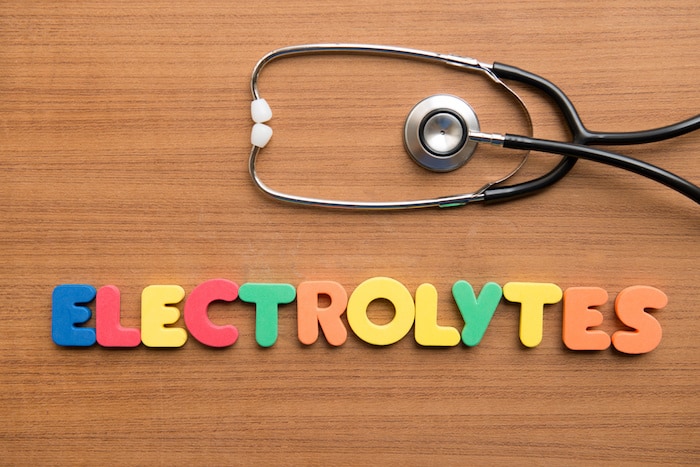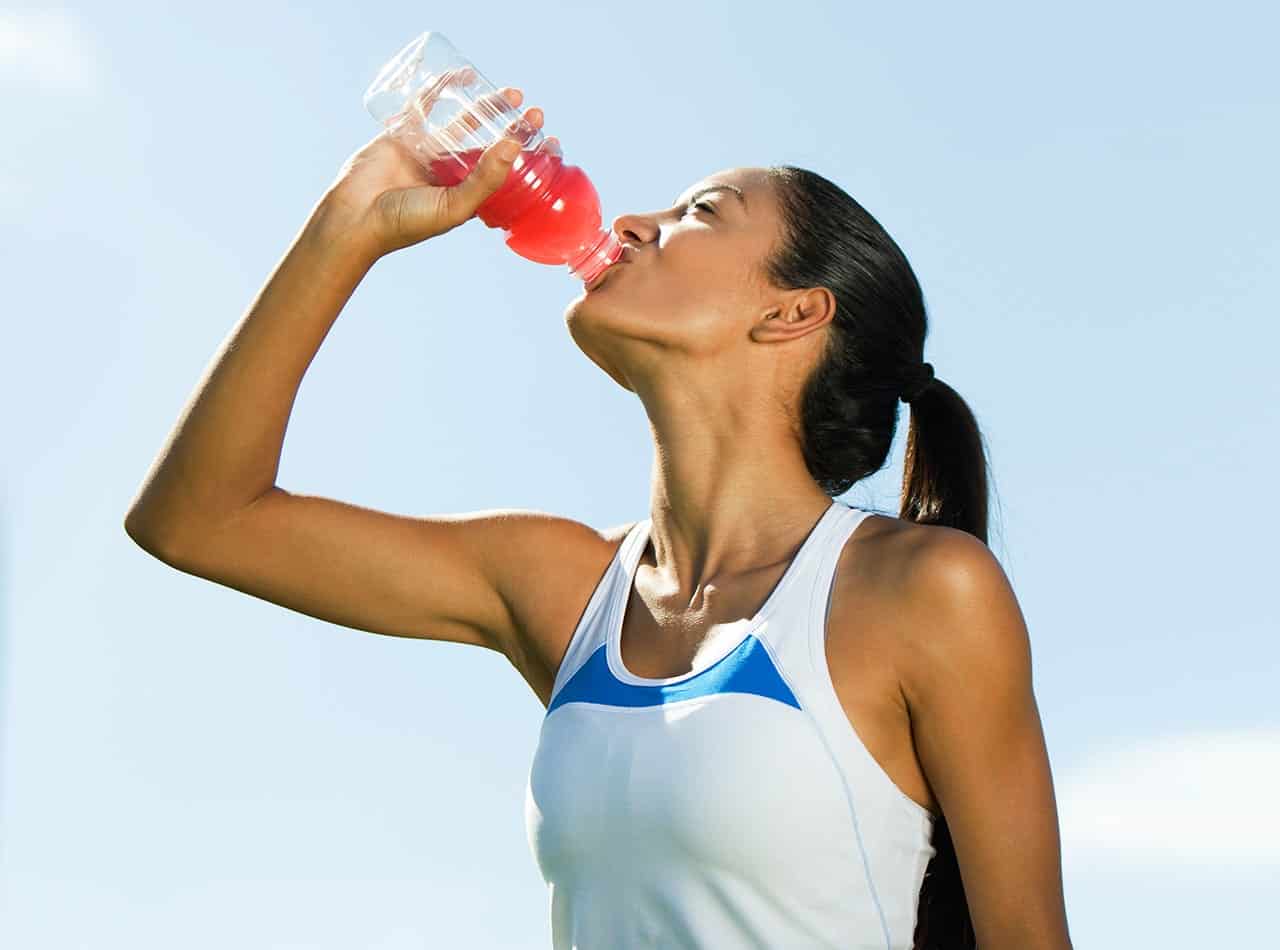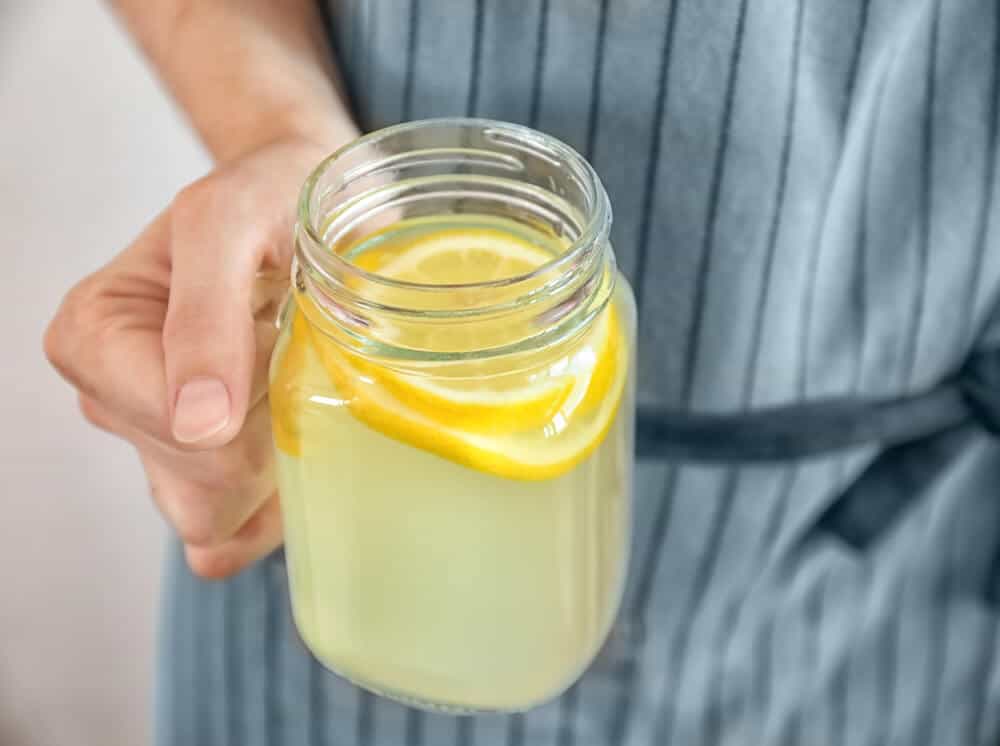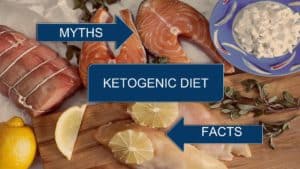One of the fundamental reasons people experience side effects from a ketogenic diet is that after carb restriction they don’t replenish their electrolytes. Multiple processes and modifications are there that the body undergoes when you follow keto. Considering it modifies the way you treat electrolytes and water.
Owning to have said that, imbalances in the electrolyte will make your ketogenic efforts a battle. Fortunately realizing that can help you prevent it. So we’ll be talking about the importance of electrolytes on a keto diet, and why you need them more than you think.
What are Electrolytes?
Electrolytes are minerals found in the body that are essential for almost all functions. These include cardiovascular health, bladder regulation, making your muscles contract properly, energy and central nervous system function, and more.
You can become a victim of the keto flu when you don’t have enough electrolytes. Most people on keto will suffer flu-like symptoms if they are deficient in electrolytes.
Some of the symptoms of keto flu are:
- Fatigue
- Difficulty sleeping
- Headache
- Irritability
- Brain fog
- Sugar cravings
Electrolyte On Keto: Why You Need More
You probably require more electrolytes than the average person if you follow a low-carb diet. There are principally two causes for this:
- Unprocessed, whole-food A ketogenic diet typically has fewer electrolytes.
- You lose more salt and potassium through urine when following a Keto diet that limits carbohydrates.
Take each of them individually.
First, the salt content of entire foods is low. (No packaged salty foods either.) It is up to you to use the salt shaker to ingest adequate sodium.
Potassium might also be difficult. Fruits, potatoes, and starchy root vegetables, which are high in potassium, contain too many carbohydrates to be ketogenic.
Calcium and magnesium? If you eat cruciferous veggies, green leafy vegetables, and dairy, it is doable on the Keto diet. If not, you might lack something.
Increased electrolyte loss on the Keto diet is the second force. A little explanation will be useful.
When you follow a Keto diet, insulin levels stay low. Your kidneys go into “diuretic mode” in response to low insulin, which causes you to lose more water, salt, and potassium through urine.
The water is typically replaced. There is a lot of overzealous hydration advice out there.
However, if you restore fluids too quickly, you risk exacerbating the electrolyte issue. You lower the salt levels in your blood, which can cause headaches, cramps, and mental confusion. Does this sound familiar to you?
Electrolytes And Keto Flu
Underappreciated electrolyte deficits can cause keto flu. The switch to using ketones as brain fuel or dehydration is the typical culprit for this low-carb malaise.
These are all possible explanations. However, if the symptoms continue after a few days of following a Keto diet, it’s likely an electrolyte problem.
You’ll find a number of recognizable symptoms if you research the effects of sodium, potassium, magnesium, and calcium deficiencies. Headache. Fatigue. Weakness. Dizziness. mental fog muscle pain. Insomnia. everything that you don’t want.
The symptoms ought to go away after the deficit is treated. However, you must first conduct some tracking.
Keto Electrolytes to Help Replenish Your Levels
Electrolytes can be replenished through nutrition. There are 4 major vitamins and minerals that will bring back the electrolytes to the normal level. You’ll learn specific keto-friendly sources of food for each one below.
Note: If you sometimes lead an excessively stressful life or exercise, more of those minerals may be
required. Stress may influence hormone balance, contributing to more fluid and electrolyte
imbalances. Whereas harder exercise can deplete levels of sodium to a greater extent.
Important Electrolytes On Keto
# 1: Sodium
Sodium is an essential mineral and electrolyte which helps retain water and keeps other electrolytes in a proper balance. Sodium is also important for the working of muscles and nerves. Keto dieters will replenish sodium by adding Pink Himalayan Salt to food and water. You can also drink bone broth daily to replenish this electrolyte. One can also make a DIY electrolyte drink with coconut water and sea salt that’s just sugar-free.
# 2: Potassium
Potassium is mostly for maintaining healthy blood pressure levels. It is also crucial for controlling heart rate and ensuring a good balance of fluids in the body. Like sodium, potassium is important for nerve and muscle function. Excess potassium, though, is harmful so be cautious with supplements. Fortunately, there are good sources of whole food out there that contain ample quantities of potassium. Which include salmon, almonds, avocados, green leafy vegetables, and mushrooms
#3: Calcium
Calcium is another important electrolyte that plays several roles in the body. It includes blood coagulation, helping to make good bones, controlling nerve function, and maintaining proper muscle contraction. Calcium can be derived from dairy products like curd, paneer, leafy greens, broccoli, fish, and even non-dairy unsweetened milk such as almond and coconut milk. When taking calcium supplements, make sure that vitamin D is included to ensure sufficient absorption.
#4:Magnesium
Magnesium helps the body maintain a balanced immune system, natural heart rhythm, and good functioning of the nerves and muscles. It also helps with many other biochemical responses. Just like calcium, it’s important for good and strong bones. Magnesium is present in leafy greens, dark chocolate, pumpkin seeds, Swiss chard, and nuts. Also, you can eat a magnesium supplement such as magnesium citrate (about 400 mg of magnesium per day is enough for most people).
Optimum Levels Of Electrolytes
| Electrolyte | Amount/Day | Sources |
| Sodium | 5 g | Salt, Bone Broth & Supplements |
| Potassium | 4.7 g | Avocado, Fish, Beef, Eggplant & Leafy Greens |
| Magnesium | 420/600 mg | Dark Chocolate, Avocado, Low Carb Nuts, Fish & Leafy Greens |
| Calcium | 1 g | Dairy, Bones & Cruciferous Vegetables |
The Importance of Having Water
While electrolyte intake is crucial, it is equally important to drink adequate water. As discussed earlier, when you limit carbs, water is excreted. So you need to replenish your body to work at its best. A good way to determine whether or not you get enough water is by looking at your urine color. A white or bright yellow color urine indicates hydration. The darker your urine is in purple, the more dehydrated you are. You should consider boosting your water intake in this case.
Main Concern
Electrolytes are very crucial when it comes to the Keto Diet. It is peculiar to prevent Keto’s ill effects by amplifying the consumption of electrolytes. The flu-like symptoms you might experience as a novice are likely due to a deficiency in electrolytes.
Start making it one of your objectives to keep your electrolyte levels in the right place. As this might make the difference between a day of restlessness, chronic fatigue, and headaches, or an energizing, focused, revitalized one.
Get started with your Weight Loss Journey today and take a step towards a healthy lifestyle! Stay tuned for inspiring Weight Loss Journeys, and Delicious Recipes! Also, don’t forget to follow us on Instagram for the daily dose of Health, and Wellness content!












